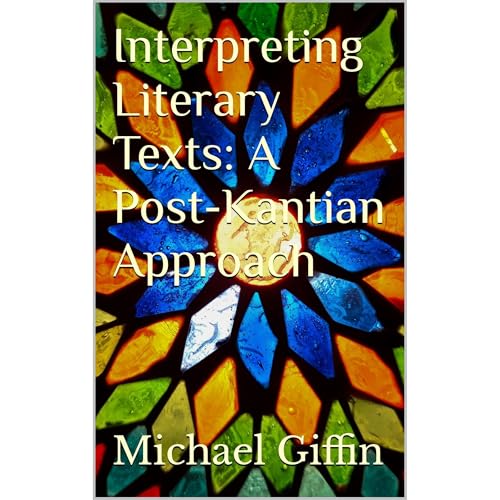
Interpreting Literary Texts: A Post-Kantian Approach
No se pudo agregar al carrito
Add to Cart failed.
Error al Agregar a Lista de Deseos.
Error al eliminar de la lista de deseos.
Error al añadir a tu biblioteca
Error al seguir el podcast
Error al dejar de seguir el podcast
Compra ahora por $4.99
-
Narrado por:
-
Virtual Voice
-
De:
-
Michael Giffin

Este título utiliza narración de voz virtual
This book considers how textual interpretation has been influenced by post-Kantian philosophy and aesthetics, particularly the cultural transition from the correspondence theory of knowledge and truth to Nietzschean perspectivism, and the canonical transition from Classicism, to Romanticism, to Modernism, to Postmodernism. It discusses the principles of interpretation, the concept of reason (logos), and how the West’s model of mind evolved. The novels of Jane Austen introduce the concept of Classicism, including her debt to Aristotle’s thinking about Tragedy and Comedy in Poetics. The two trajectories of Romanticism are discussed, the philosophical trajectory through Berlin’s idea of Counter-Enlightenment (the immanent critique of metaphysics) and the aesthetic trajectory through Blake’s vision of what is possible if the doors of perception can be cleansed. The novels of Australia’s Patrick White introduce the concept of Modernism and his attempt “imagine the real”. The novels of Margaret Atwood introduce the concept of Postmodernism, tracing her literary evolution from an author focused on female identity to one concerned with the future of humanity. The novels of Graham Greene and Muriel Spark are discussed as two different Catholic responses to Modernism. The novels of Marilynne Robinson and Douglas Wilson are discussed as two different Protestant responses to Calvinism.

